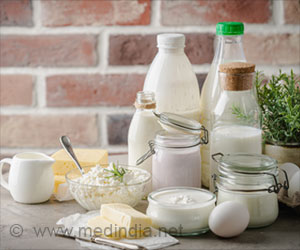Italy's agriculture minister criticized a South Korean ban on his country's famed buffalo mozzarella as excessive in a trade row over raised dioxin levels, the Italian press reported Tuesday.
Italy's agriculture minister criticized a South Korean ban on his country's famed buffalo mozzarella as excessive in a trade row over raised dioxin levels, the Italian press reported Tuesday.
South Koreans eat 10 tonnes of the specialist cheese made from the milk of buffalo each year but Seoul imposed an import ban after high levels of dioxin were found in 66 buffalo herds around Naples last week."South Korea's boycott seems to me excessive," Agriculture Minister Paolo De Castro was quoted as saying.
"It would be an error to infer anything from this and create a dangerous panic. That would turn this story into a negative campaign that unfairly compromises the image of an excellent product and which risks becoming heavily penalised in Italy and abroad," he added.
Italy's southern Caserta region, which counts some 1,900 buffalo farms, is the heartland of buffalo milk mozzarella, a soft cheese served with tomatoes, basil and olives in a Neapolitan speciality, the Caprese salad.
Officials say the contamination is probably linked to the region's chronic waste disposal problems, which saw thousands of tonnes of rubbish left undisposed of in past months.
Last week environmental officials placed 66 herds in quarantine because of the unusually high levels of dioxin.
Advertisement
De Castro said that the current checks and investigation showed that the agricultural control system was working and guaranteed the safety of Italian mozzarella.
Advertisement
Last week an environmental official told AFP the problem was probably linked to the garbage crisis.
"Of course we don't know for sure scientifically, but the high rate of dioxin is most likely linked to what the buffaloes ate," he said.
He noted that the buffalo "grazed in areas where we know that toxic waste has been dumped in recent years."
The region has suffered from a chronic waste problem for the past 14 years, with a shortage of incinerators, and lucrative mafia involvement in landfill sites, which are used to illegally dump toxic waste from the north of the country.
Italy produces 33,000 tonnes of the cheese annually, made from the milk of a total of around 250,000 buffaloes.
Source-AFP
SRM/L









